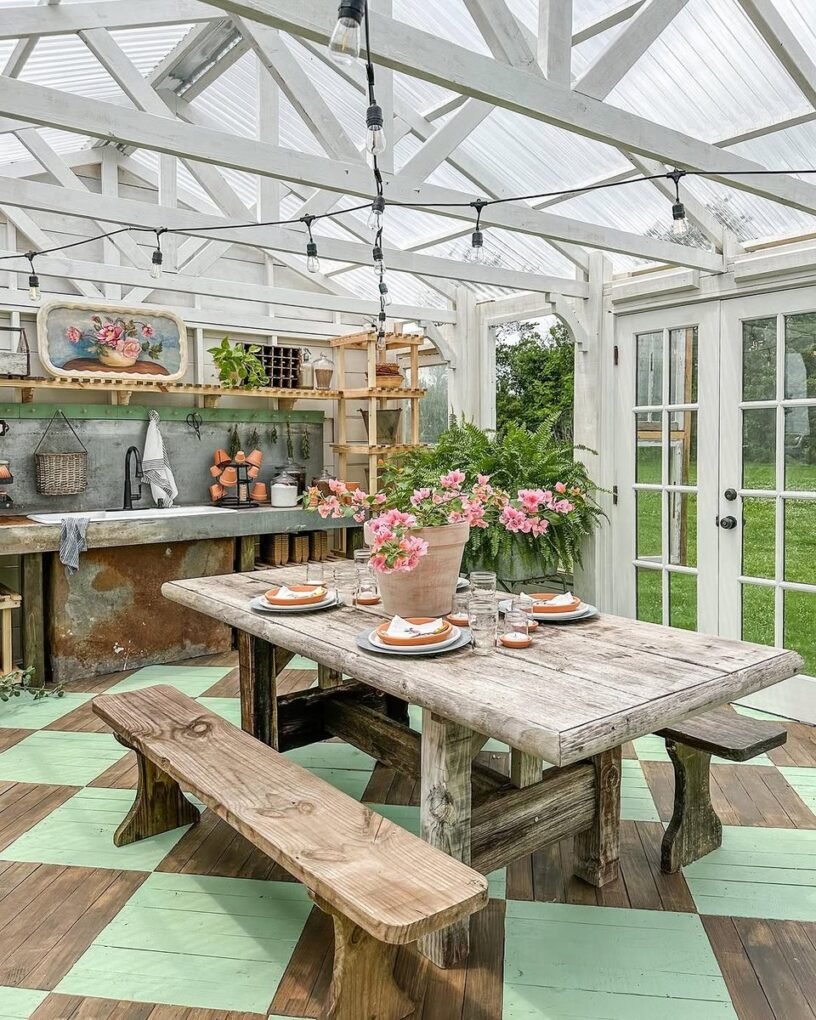Want to learn more about building materials? Not sure which materials you should use for construction?
There are many types of building materials that are used in construction projects, but they all have distinct differences. Each has its pros and cons, so it's important to think about these when choosing materials for your project. To see high quality equipment, visit Lakeside Hire UK.

In this article, we'll give you a breakdown of some of the main building materials and their benefits.
1. Steel
Steel is one of the most popular construction materials and is preferred by many builders over other options. Buildings that are designed using steel usually require steel products such as steel beams, or a steel flitch plate to be connected all together to transfer forces.
Steel is incredibly strong and durable and can be installed just about anywhere. This durability makes it a great value over time. On top of this, steel doesn't take as long to install as concrete does.
On the negative side, however, steel tends to be more expensive initially than other options and can be susceptible to corrosion if not installed and maintained properly.
If you're interested in using steel in your project, you may want to learn more about the cost of steel buildings now.
2. Concrete
Concrete is another popular building material that has many benefits. While it is also very strong and durable, it doesn't have as high of a strength-to-weight ratio as steel does.
Concrete is a pretty good option, however, because it's quite strong and can withstand the environment pretty well. It doesn't burn, rust, or rot, it's very low maintenance, and it does a great job of retaining heat.
3. Stone
Another building material that is often used for construction is stone. Stone types such as slate and granite can be very useful for construction, but they come with pros and cons.
Stone construction can withstand fire, water, and wind, as well as pests such as termites. It also has a beautiful appearance that many people love.
On the other hand, stone materials are difficult to move and use and aren't great at insulating.
4. Brick
Brick construction is another option for builders and is also used when durable, fire-resistant materials are needed.
Masonry construction with brick does a great job of resisting compression loads and is great for load-bearing walls. With concrete reinforcement, brick construction can also be an economical option and can be useful for just about any kind of building.
5. Wood
Another common building material is, of course, wood. Wood is used for many reasons.
Wood is pretty lightweight and easy to cut to size. It also has a good amount of strength and provides adequate insulation, which makes it great for homes and residences.
On the other hand, though, it's not without its drawbacks. Wood is more susceptible than other materials to fire, rotting, water damage, and termites.
Choosing the Right Building Materials
While there is a lot more to learn about building materials, these are some of the most key things to know. Be sure they consider your material options carefully when planning a building or home project.
Need more construction tips and ideas? Start browsing our blog now to find more useful advice.




